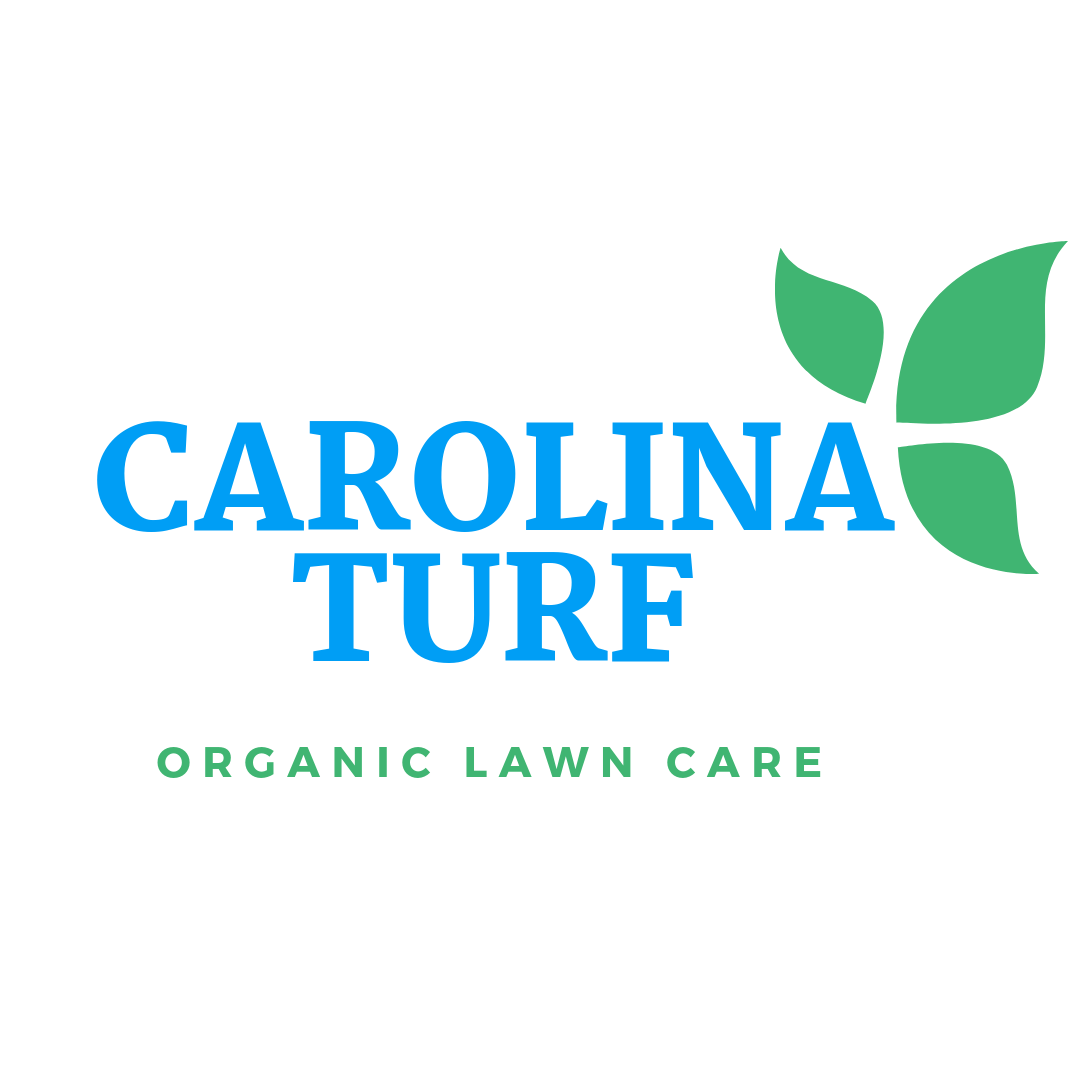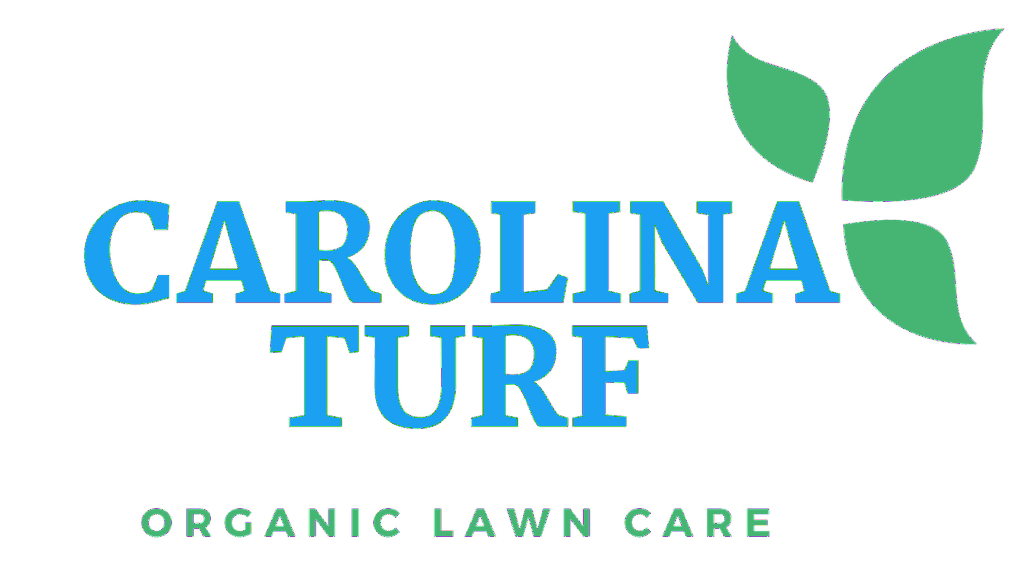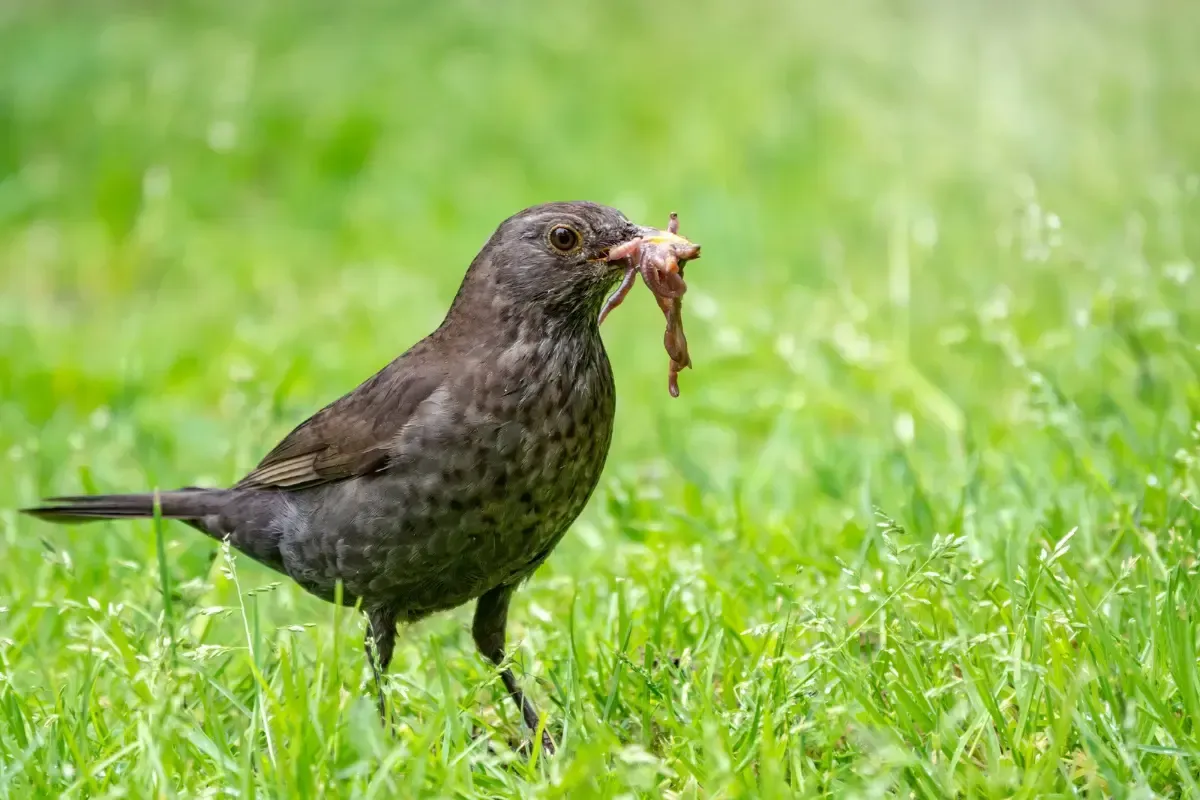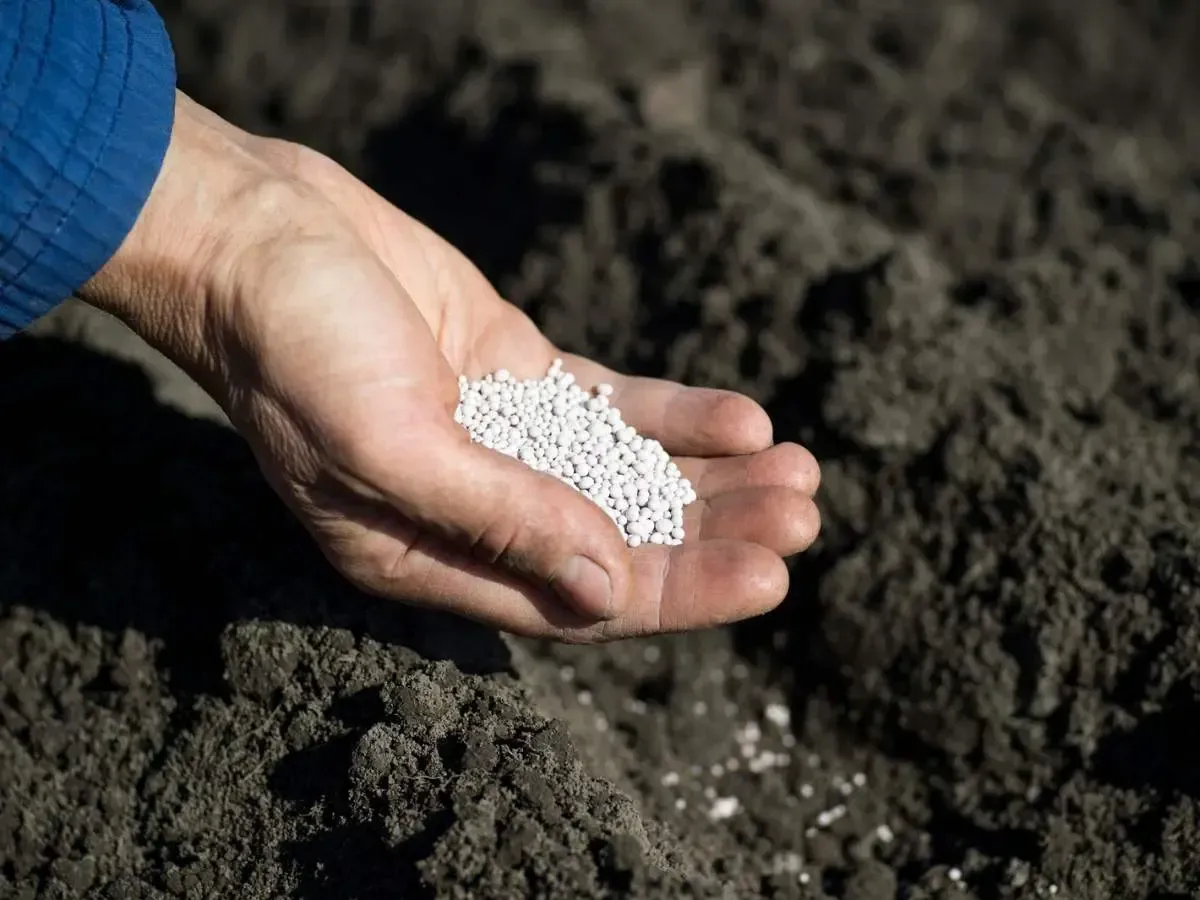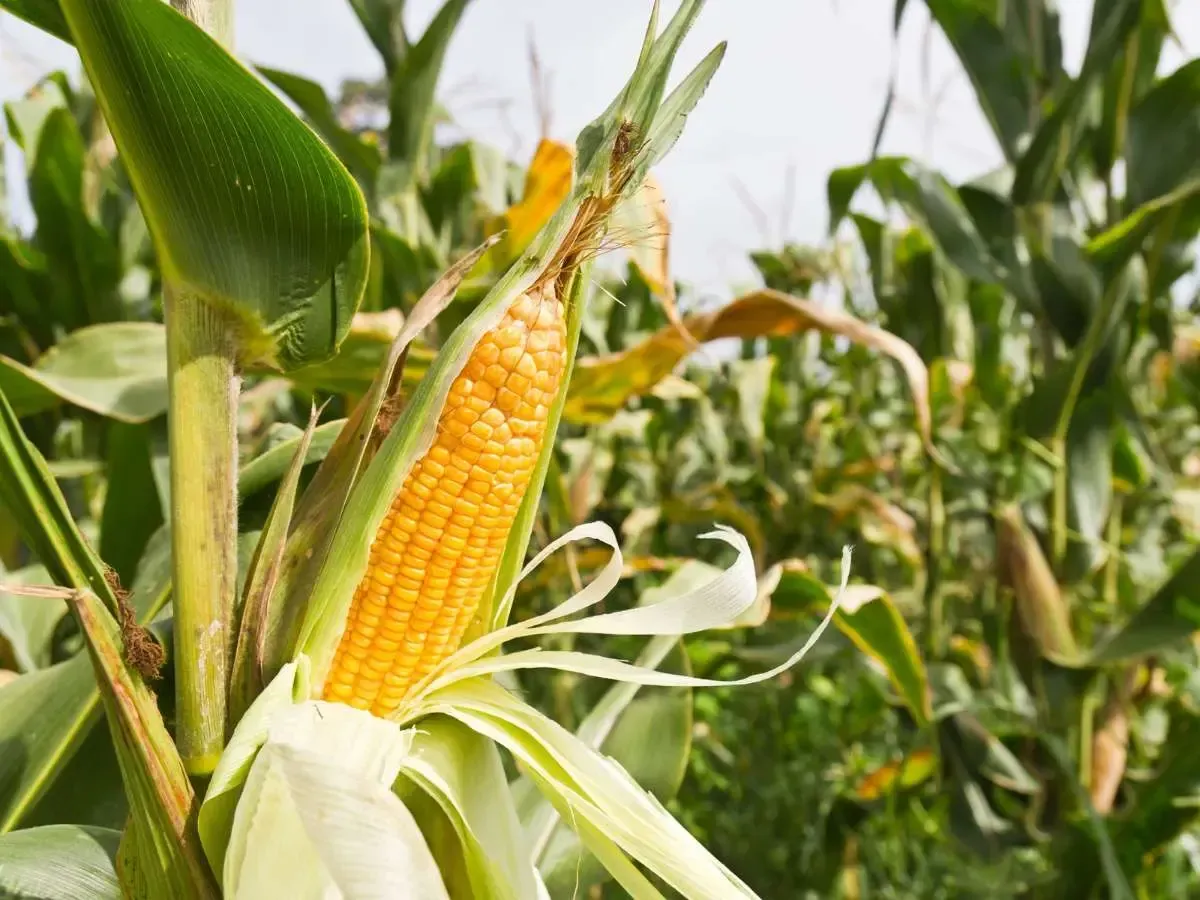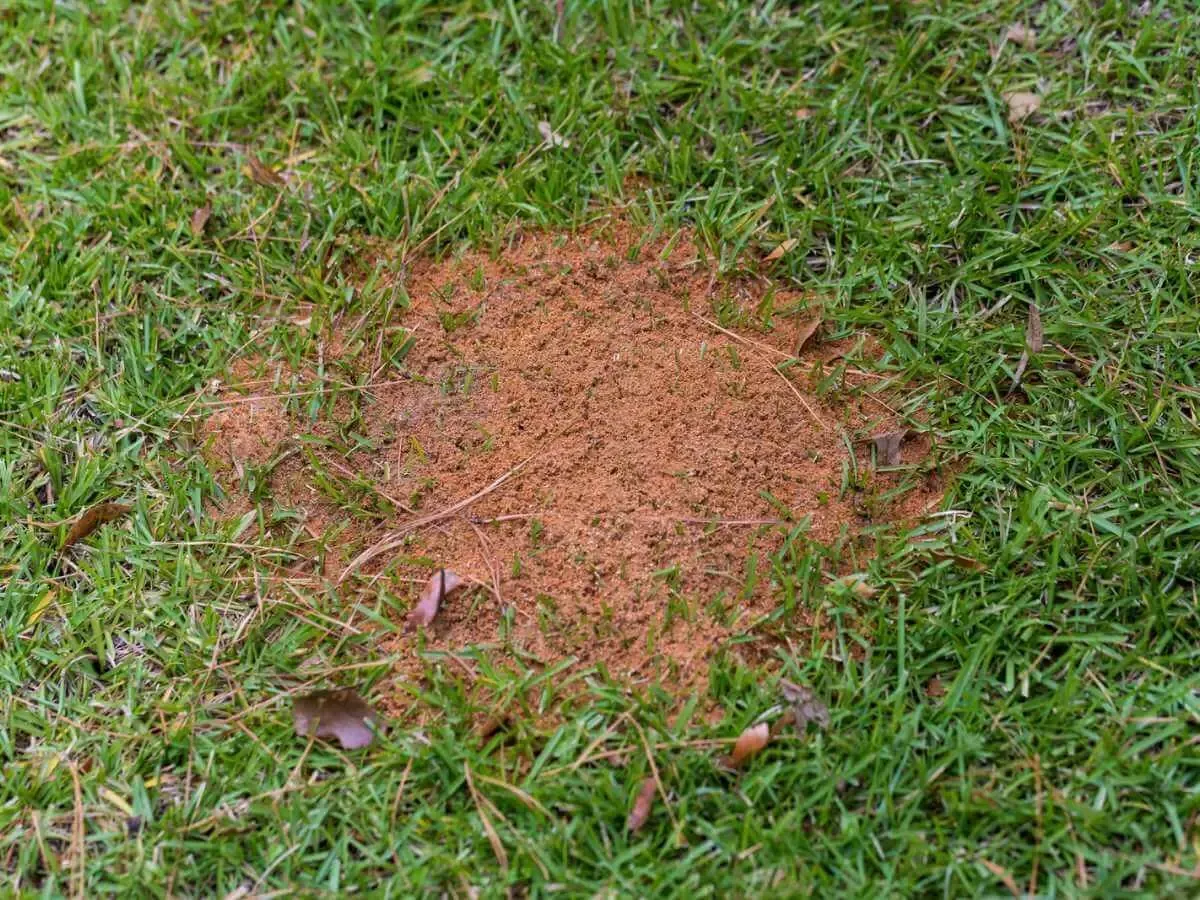Reducing Environmental Toxins for Immunocompromised Individuals
If you or anyone in your family has an autoimmune disease, allergies, cancer, or any other condition that leaves you immunocompromised, reducing environmental toxins in the home is not just a lifestyle choice—it’s essential for protecting your health.

Exposure to chemicals found in everyday products such as cleaning agents, makeup, fragrances, food, and pesticides can exacerbate symptoms, overload your immune system with toxins, and increase the risk of adverse reactions.
In this blog, we will explore practical, non-toxic alternatives in and around your home designed to reduce harmful toxins and create a safer, healthier environment for you and your family.
Indoor Pest Control: Get Neurotoxins Out of Your Home
One of the most egregious threats to our health is found right inside our homes. Traditional exterminators often use a range of chemical insecticides and pesticides that are highly effective at eliminating pests but can be harmful to human health and the environment. These substances are typically classified as neurotoxins, which means they affect the nervous systems of pests, paralyzing or killing them. Unfortunately, because these chemicals are broad-spectrum, they can also harm beneficial insects, pets, and even humans, especially those who are immunocompromised. Here’s a breakdown of some of the common chemicals used in traditional pest control.
Pyrethroids
Pyrethroids are synthetic chemicals that mimic the natural insecticidal properties of pyrethrins, which are derived from chrysanthemum flowers. While they are more stable in sunlight than natural pyrethrins, they are still toxic to insects and potentially to humans and animals when exposed to high concentrations.
- Common Ingredients: Permethrin, Cypermethrin, Deltamethrin, Bifenthrin
- Brand Names: Raid, Ortho Home Defense, Demand CS, Suspend SC
Pyrethroids can cause dizziness, headaches, skin irritation, and breathing problems in humans. Long-term exposure has been linked to developmental issues, particularly in children. Pyrethroids are particularly dangerous for people with respiratory conditions or weakened immune systems.
Organophosphates
Organophosphates are a group of insecticides that work by inhibiting the enzyme acetylcholinesterase, which is essential for the proper functioning of the nervous system. These chemicals were originally developed as nerve agents during World War II and later adapted for pest control.
- Common Ingredient: Malathion
- Brand Names: Ortho Max Malathion, Spectracide Malathion Insect Spray Concentrate
Organophosphates, such as malathion, are highly toxic and can cause serious health issues if improperly handled. Long-term, low-level exposure can result in symptoms like headaches, dizziness, fatigue, and impairments in memory and concentration. While malathion is still permitted for limited residential use, it must be applied carefully according to safety guidelines to avoid risks of neurological damage and respiratory irritation, particularly for immunocompromised individuals and those with respiratory conditions.
Fipronil
Fipronil is a broad-spectrum insecticide commonly used for controlling ants, termites, and fleas. It works by disrupting the central nervous system of insects, leading to paralysis and death.
- Brand Names: Termidor, Frontline (used for flea control in pets), Taurus SC
Fipronil is moderately toxic to humans, and exposure can cause nausea, sweating, headaches, and vomiting. Prolonged exposure has been linked to liver damage and thyroid problems in some animal studies.
Sulfuryl Fluoride
Sulfuryl fluoride is a gas fumigant used for termite control and whole-house fumigation. It is highly effective in eliminating pests in hard-to-reach places.
- Brand Names: Vikane, Zythor
Sulfuryl fluoride is highly toxic to humans and pets. Exposure to this chemical can cause respiratory irritation, neurological effects, and even death at high concentrations. This is why homeowners are required to evacuate their homes for several days after fumigation.

Non-Toxic Pest Control Alternatives for Immunocompromised Individuals
Non-toxic pest control solutions aim to eliminate pests without jeopardizing human health. These methods are not only safer for people but also for pets. Here are some effective non-toxic options.
- Essential oils like peppermint, lavender, eucalyptus, and tea tree oil act as natural repellents for a variety of indoor pests, including ants, spiders, and mosquitoes. You can mix these oils with water to create a spray for use around windows, doors, and other pest entry points. For example, a peppermint oil spray is highly effective at keeping ants and spiders at bay.
- Mechanical traps offer a non-toxic way to target pests like rodents, flies, and cockroaches. These traps work by capturing pests without the use of chemicals, making them safe to use indoors. Examples include sticky traps for flies and snap traps or live traps for rodents. These traps help reduce toxin exposure while effectively managing indoor pest issues.
- Integrated Pest Management (IPM) is a holistic approach that involves creating conditions that make your home less hospitable to pests. This includes sealing cracks and crevices, removing food sources, and maintaining cleanliness to prevent infestations before they start. Regular monitoring ensures pests are detected early, and non-toxic methods like traps or essential oil sprays can be used as needed.
Carolina Turf’s non-toxic indoor pest control methods protect your family’s health while effectively addressing common indoor pests. By focusing on safer, natural alternatives, you can manage pests without the risks associated with traditional chemical-based solutions.
Clean Up Your Cleaning Products
Indoor air quality is critical for immunocompromised individuals. Conventional cleaning products, from bleach to all-purpose sprays, often have harsh chemicals that can irritate the skin, lungs, and eyes, particularly for those with allergies or respiratory issues.
Using non-toxic cleaning products is an easy but effective way to reduce the chemical load inside your home. Look for products labeled as “fragrance-free,” “non-toxic,” or “plant-based” to ensure you are choosing safer options. Here are some of the safest cleaning ingredients and brands on the market that are widely recognized for maintaining high-quality, non-toxic formulations:
Safest Cleaning Ingredients and Brands on the Market
- Vinegar and baking soda are natural powerhouses for cleaning. Vinegar can be used to clean surfaces, windows, and even laundry, while baking soda is excellent for scrubbing and deodorizing.
- Branch Basics offers plant- and mineral-based cleaning products that are completely free of synthetic fragrances, preservatives, and harmful chemicals. Their all-purpose concentrate can be diluted for different cleaning tasks, from countertops to laundry, making it versatile and safe.
- Certifications: Made Safe Certified, EWG Verified
- While primarily known for its castile soap, Dr. Bronner’s products are made from simple, organic, and fair-trade ingredients. The castile soap can be used as a multi-purpose cleaner for floors, countertops, and even laundry. It contains no synthetic preservatives or petrochemicals.
- Certifications: USDA Organic, B-Corp
- Attitude offers a full line of cleaning and personal care products that are safe for the environment and human health. They avoid known irritants and are free from synthetic fragrances, formaldehyde, and parabens.
- Certifications: EWG Verified
- Meliora cleaning products are free from synthetic chemicals and use only simple, non-toxic ingredients. Their products come with full ingredient transparency, so you know exactly what you're using. They are a great choice for those seeking plastic-free and zero-waste cleaning products.
- Certifications: MADE SAFE Certified, B Corp, Leaping Bunny Certified
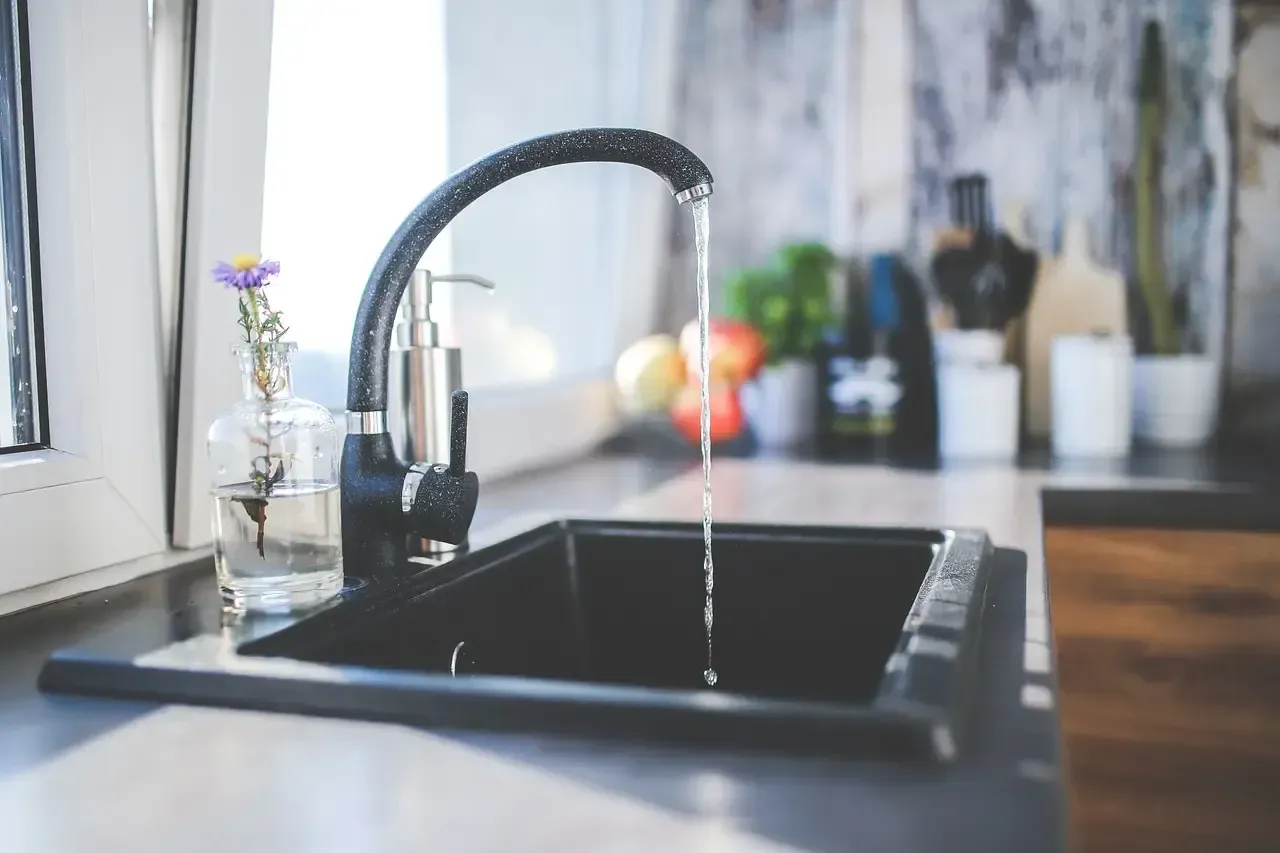
How to Identify Truly Non-Toxic Cleaning Products
When searching for the safest cleaning products, look for the following indicators.
- EWG Verified:
The Environmental Working Group (EWG) rates products based on their safety for human health.
Made Safe Certified: This certification ensures that products are free of harmful chemicals and toxins. - USDA Organic: For cleaning products that use agricultural ingredients, the USDA Organic certification guarantees that those ingredients are grown without synthetic pesticides or genetically modified organisms (GMOs).
- Fragrance-Free or Naturally Scented: Synthetic fragrances can contain hundreds of chemicals not disclosed on labels. Opt for products that either use no fragrance or only essential oils for scent.
- Ingredient Transparency: Brands that clearly disclose all of their ingredients, rather than hiding behind vague terms like "fragrance," are more trustworthy.
- B-Corp Certified: While not ingredient-focused, Certified B Corporations meet high standards of social and environmental performance, accountability, and transparency.
Let Food Be Thy Medicine, Not Thy Poison
You wouldn’t knowingly put poisons into your body (give or take alcohol), yet the mass-produced grains, vegetables, fruits, and meats we buy are laced with pesticides, preservatives, antibiotics, and other additives. Grains like wheat, corn, and soy are genetically modified to survive the heavy spraying of pesticides designed to kill anything growing around them. Once harvested, these grains are processed and make their way into our digestive systems, where they can disrupt our beneficial gut bacteria and contribute to our toxic load. The same goes for vegetables and fruits, which are often coated in pesticide residues. Factory-farmed animals are fed the same pesticide-sprayed grain and given antibiotics to promote growth. These practices not only expose us to the toxins stored in their fat, but our resistance to antibiotics grows thanks to overuse.
Choosing Organic Foods
Opting for organic food whenever possible is one of the most effective ways to reduce exposure to harmful pesticides and chemicals. Organic farming practices avoid synthetic pesticides, making organic fruits, vegetables, and grains safer to consume. The Environmental Working Group (EWG) releases a list each year of the “Dirty Dozen” — the produce most likely to be contaminated by pesticides. Prioritize buying organic versions of these foods to reduce toxin exposure. You could also consider growing your own vegetables and herbs in a home garden using organic methods. This reduces exposure to pesticides and ensures your food is fresh and free from harmful chemicals.
Eliminate Lawn Chemicals to Reduce Your Toxic Load
If we have to fight this hard to avoid pesticides in our foods, it makes zero sense to then turn around and spray them on your lawn. Conventional lawn treatments use harmful herbicides and insecticides, putting anyone who comes into contact with the lawn at risk of exposure to toxic chemicals. Many of these chemicals have been banned in other countries, and the only reason they’re still on the market in America is because the EPA is corrupt and at the beck and call of the large chemical manufacturers. Just this month, Bayer was ordered to pay $78 million in the latest Roundup cancer trial to add to the 10 billion dollars they’ve paid in these lawsuits so far. But glyphosate is only a tiny fraction of the chemicals being used on our lawns. American homeowners use 2-5 times as much pesticides per acre as we use in agriculture! To find out more about the different types of toxic lawn chemicals, check out our Why Organic page.
Non-Toxic Lawn Care Products
While sitting in for our pesticide license course years ago, we were instructed to wash the clothes worn while applying glyphosate in a separate washing machine from our family’s to prevent exposing them to these chemicals. That’s how toxic they are. With immunocompromised family members and wanting to protect our children, we switched to organic.
Reducing environmental toxins is especially crucial for those with compromised immune systems. Our toxic load can accumulate gradually if we’re not mindful, but the opposite is also true. By reducing toxins in our homes—from cleaning products and personal care to food, pest control, and lawn care—we can begin to reverse this buildup and reclaim our health.
If you need help starting with non-toxic pest control and lawn care, check out our organic services.
